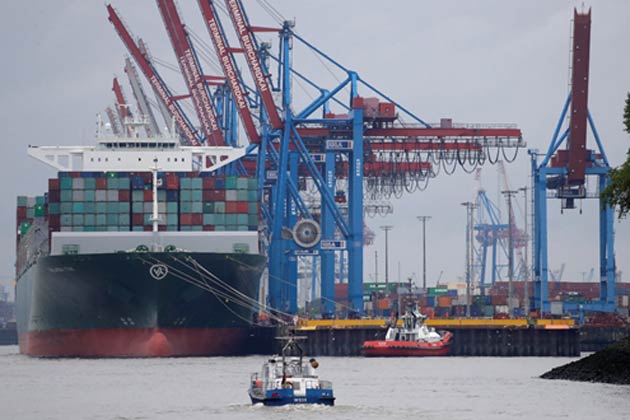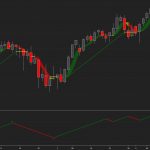If you think economics is boring, bring up “free trade” and see what happens. I guarantee sparks will fly.
Some people preach free trade’s many blessings. Others curse the very idea, insisting free trade hurts honest working people.
Lately, this has become more than a theoretical argument.
President Trump came into office pledging to renegotiate or cancel trade agreements he thought unfair to the US. Meanwhile, the UK seems headed toward a “hard Brexit” from the European Union.
Whether you think those are good moves or not, they’re important to the world economy. Millions of jobs and lives are at stake.
I think both sides are wrong… and it’s going to cause big trouble.

Photo: AP
Free Trade Is Anything But Free
Rational discussion is impossible if you can’t agree on definitions. So what is free trade, anyway? Here’s how Investopedia defines it:
Free trade is the economic policy of not discriminating against imports from and exports to foreign jurisdictions. Buyers and sellers from separate economies may voluntarily trade without the domestic government applying tariffs, quotas, subsidies or prohibitions on their goods and services. Free trade is the opposite of trade protectionism or economic isolationism.
By that definition, free trade exists almost nowhere on Earth. Even so-called free-trade zones like NAFTA aren’t free. They have extensive rules defining how the parties can discriminate. It’s managed trade, not free trade.
I think if we actually had free trade, it just might work.
19th-century economist David Ricardo said countries are better off if they focus on producing goods in which they have “comparative advantage.” This maximizes prosperity for everyone.
The closest thing we have is interstate trade within the US. It works pretty well, thanks in part to having a single currency and fiscal policy. Take those away, and the US would look more like the European Union.














Leave A Comment